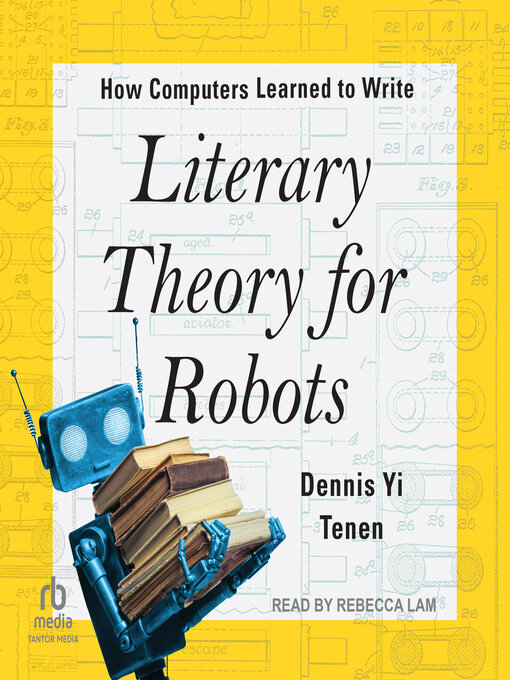- Available now
- New eBook additions
- New kids additions
- New teen additions
- Most popular
- Try something different
- BH Book Club Reads
- Just added-- ebooks
- See all ebooks collections
- Available now
- New audiobook additions
- New kids additions
- New teen additions
- Most popular
- Try something different
- BH Book Club Reads
- Just Added-- Audiobooks
- See all audiobooks collections
- News & Politics
- Favorite Magazines
- Crafting
- Business & Finance
- Food & Cooking
- Cars & Motorcycles
- Newly Added
- See all magazines collections

